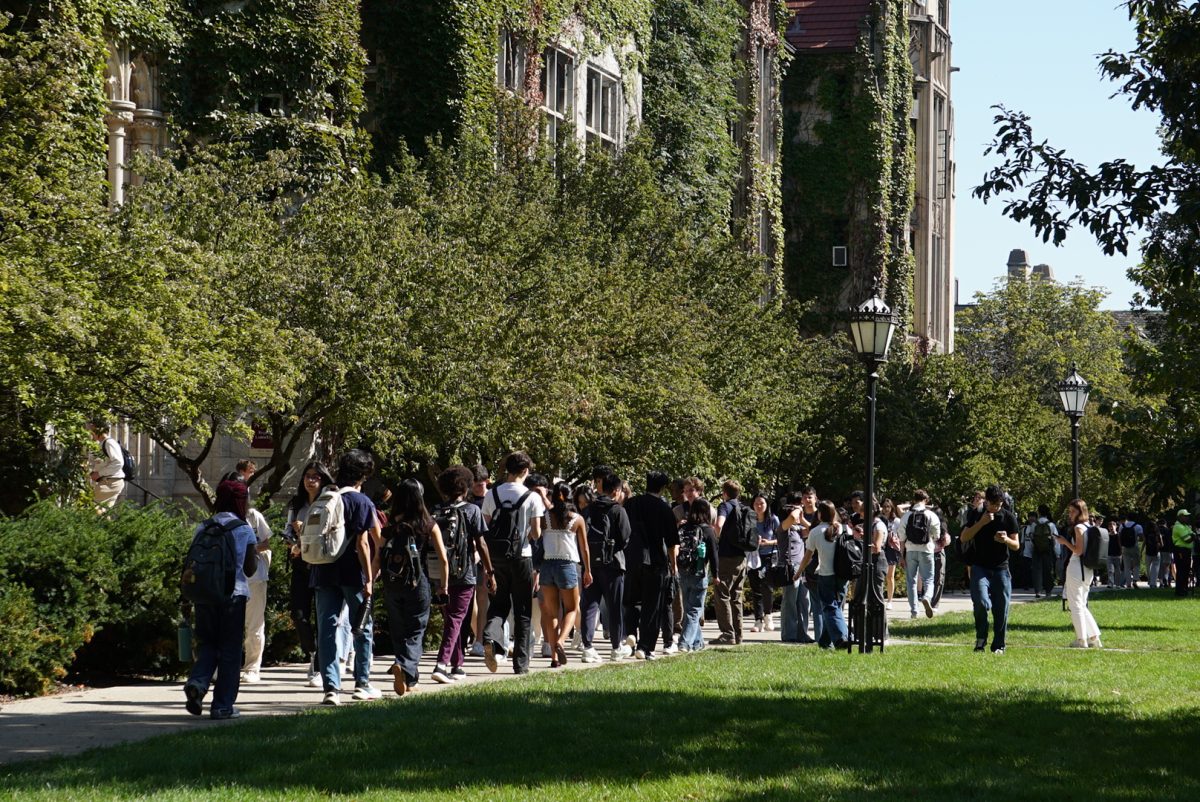When I make polite small-talk with a new French acquaintance, I am usually asked a thoroughly predictable series of extremely polite, routine questions concerning my stay in Paris. They would like to know where I’m from in the United States, how long I will be in France, what I’m studying here, where my apartment is, et cetera. I don’t mind these sorts of questions because they are not very tricky to answer, and after seven months of providing the same responses verbatim I can rattle them off in impressively flawless French.
The questions that are a little bit more demanding are those involving my opinions or observations. Not that I don’t have some quite strong opinions about the French, but I always feel strange explaining to a woman who was born, raised, and is currently raising her children in the Seventh Arrondissement of Paris just what the French are really like.
So when I was asked last week at a fancy dinner party what part of French culture sticks out to me the most, I was relieved to be able to provide a truthful answer which there was no need to explain or defend: “la cuisine!”
I am struck by la cuisine (a word that means either the art of cooking or the kitchen itself, depending on the context) because the French relationship to cooking and food is not just about cooking and food. It is a reflection of a way of life that revolves around what is fresh, luxurious, complicated, and ultimately more satisfying.
Back in November, my friend Emily and I volunteered to cook the Thanksgiving turkeys for a party that our program director Sylvie would be throwing for all of the year-long students. When we arrived at her house that morning, Sylvie handed us her green plaid rolling grocery caddie and a detailed hand-drawn map of her neighborhood showing us exactly where we were to buy the meat, vegetables, bread, and other products. There were three boulangeries (bakeries) in the area, she told us, but the bread is of mediocre quality at all but one. There were two primeurs (fruit and vegetable stands/shops), but only one could be counted on for truly fresh celery. The boucher (butcher) was the same one who had provided Sylvie with every Thanksgiving turkey over the last 15 years, and he would be expecting us between the hours of 11 a.m. and 1 p.m.
Although there is a Champion supermarket (what the French would call a hypermarchet) around the corner from Sylvie’s house, the course she had charted sent us dragging the grocery caddie up and down the hills of Ménilmontant for a good hour and a half. We dutifully obeyed her instructions, but all the while I wondered whether Sylvie would really be able to taste the mediocrity of a stuffing made from the scoffed-at Champion vegetables.
The French are devoted to tradition, even at the cost of expediency. Even though there are large, one-stop-shopping supermarkets all over Paris, most Parisians prefer shopping at small local commerçants for their specific needs. Furthermore, city planning laws actually limit the number of supermarkets that may be built in any given area. After seven months in Paris, I, too, have my preferred bakery where I buy the best palmier cookies in the world and my preferred butcher who, only today, when I asked if the shop would be open on Sunday, marveled at how I could even ask such a silly question and then reprimanded me for not going to mass like everybody else. I apologized and promised as my penance to cook my two lightly pounded chicken breasts exactly as he instructed.
The French pride themselves on the sovereignty of the commerçant as well as the commitment to quality over quantity in daily interactions; so, twice a week, rain or shine (more often than not rain), my entire neighborhood ventures to the outdoor market where local vendors sell everything from mangoes to fish to rose water. It is here that the attitude toward food is clearest—you faire votre marchet frequently enough that you are never obligated to buy something that isn’t fresh, or to “stock up” just because a certain product is on sale.
Americans have a tendency to buy in bulk, shopping with an eye for discounts and convenience, but as the French seem to know instinctively, this is not the way to get the most enjoyable result. If the pears I am eyeing at the fruit stand are not ripe enough to poach for my dinner party that evening, the vendor will tell me to make an apple tart instead. In the search for quality, in food as in life, it’s not about plans or convenience; it’s about making the most out of “what makes sense,” whether it be fresh fruit or an unexpected turn of events.
So although French cuisine is certainly something special, it’s the potential application of these same basic principles out of the kitchen that I find the most delicious.






